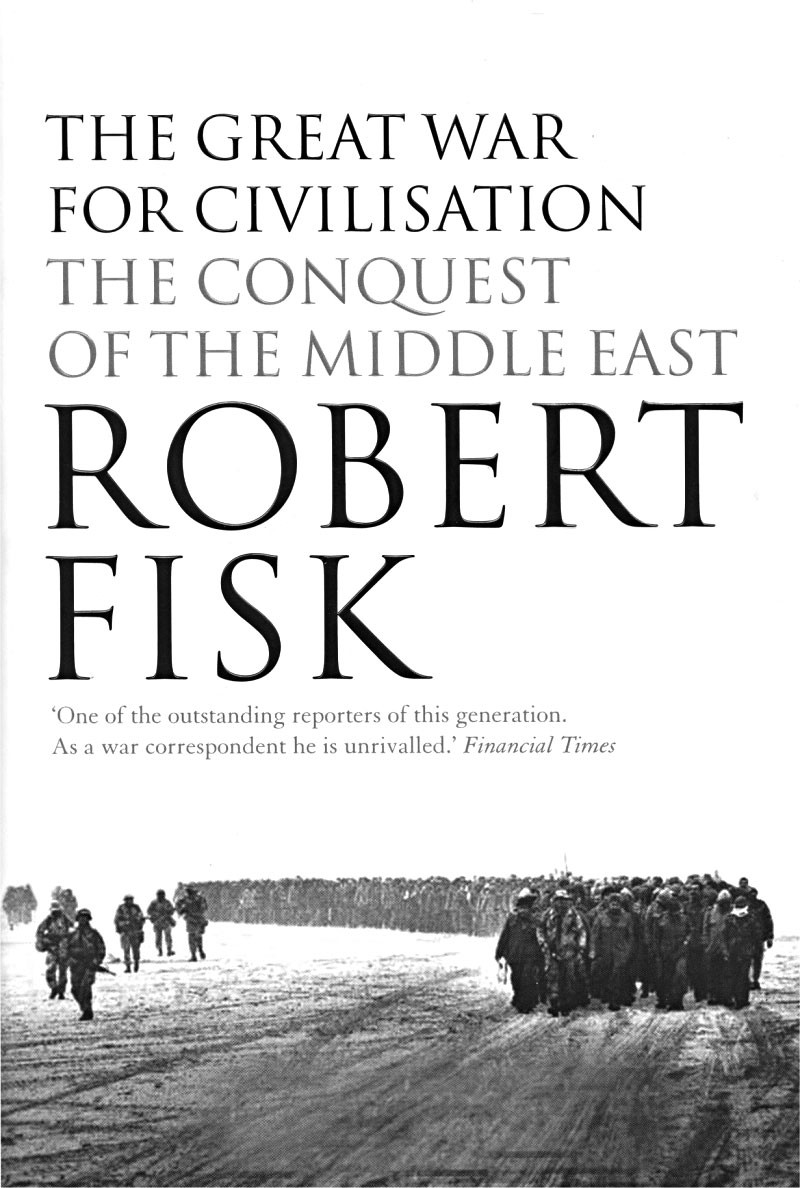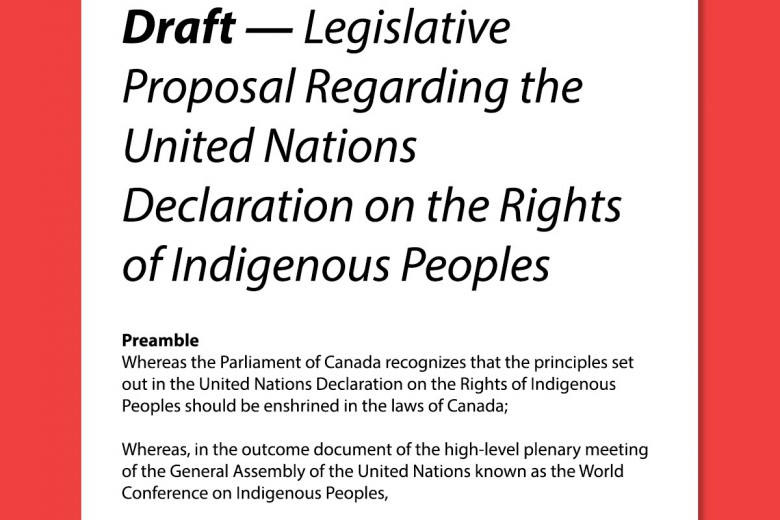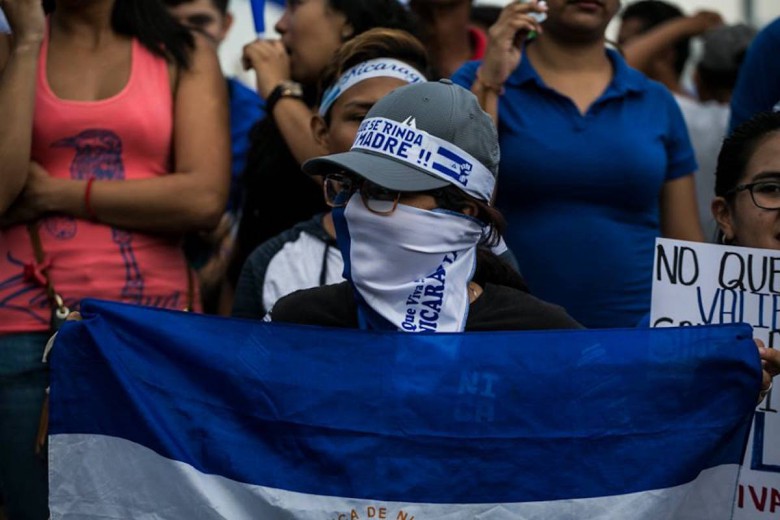
The Great War for Civilization:the conquest of the Middle East
Robert Fisk
Alfred A. Knopf, 2005
For nearly thirty years, Robert Fisk has been covering conflicts in that part of Asia now known as the “Middle East” (it used to be called the “Near East”) by those of us who define ourselves as “The West.” This vast area has been a constant preoccupation of our political and economic elite for much of the last century. Oil and empire are the underlying and ever present reasons for our obsession.
From the Soviet occupation of Afghanistan, to the Iranian Revolution, to the Palestinian Intifadas and far more, Fisk has been there on the front lines, an eloquent documenter of the suffering of war and a relentless excoriator of the perpetrators near and far. This hefty tome, Fisk’s magnum opus, is more than a chronological ordering of his detailed and personal reporting: Fisk combines his extremely compelling eye-witness accounts with a deeper sense of history and context to provide a panoramic view of the tangled history of this troubled region. It is that masterful combination of page-turning reportage with solid historic research that makes this a valuable resource for those of us concerned with today’s events in the Middle East. His longer view of human events, which is so lacking in current political discourse, makes this book an incredibly enlightening read.
The author’s father imparted a love of history in his son, but it was his mother who asked the question that Fisk is still seeking to answer: “She asked me repeatedly why governments spend so much money on guns” (978). His father fought in World War I and on one of his war medals is a portrayal of winged victory; the other side of it is engraved: The Great War for Civilization. Nearly ninety years later, wars are still being fought for someone’s version of civilization, a fact that Fisk holds firmly in his mind while interviewing everyone from Osama bin Laden to shopkeepers and mothers in bombed-out homes in Iraq. History lives. The Balfour Declaration of ninety years ago lives in every moment of the daily life of Palestinian refugees. Why are Canadians dying for Canada today in Afghanistan? Others went there before us with their own notions of defending freedom; what do we know of the history of the land we find ourselves occupying?
In this book I have found many answers to the why and the how of our involvement in the region’s wars—and the responses of those who resist domination with their own vision of civilization. We must continue to study history and ask the hard questions.
The closing words of The Great War for Civilization are both poignant and instructive:
“I think in the end we have to accept that our tragedy lies always in our past, that we have to live with our ancestors’ folly and suffer for it, just as they, in their turn, suffered, and as we, through our vanity and arrogance, ensure the pain and suffering of our own children. How to correct history, that’s the thing…”
It is a formidable and daunting task, but perhaps the most important task for today’s peace activists and for every citizen concerned about the future.





_780_520_90_s_c1.jpg)
